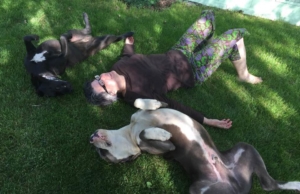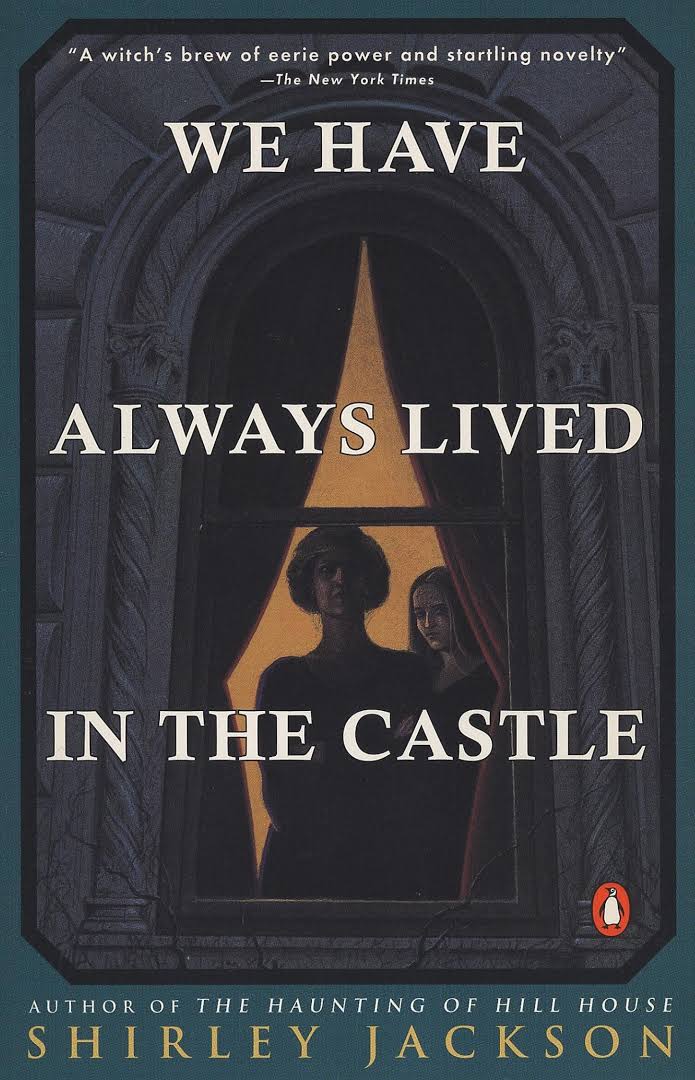Was it foolish to think so?
By Sara Marchant
My husband’s birthday is November eighth. He takes the day off. We drive to Idyllwild for lunch. It is a windy day so we have the patio to ourselves until an elderly white lady with an elderly dog joins us. She greets the waiter by name and he greets the cranky old dog by name. The dog only growls.
“Did you vote yet?” the elderly lady asks.
“Yes,” the waiter looks toward our table before answering.
“Let’s whisper who we voted for,” the lady suggests. They both look our way this time. They put their heads together and whisper in each other’s ears.
They squeal in tandem as they pull away and slap hands. I am smiling when they glance our way again. The waiter walks to our table and peers into my coffee cup.
“I told you it was too strong,” he says. “I’ll bring you fresh and drink that cup myself.”
“I’ll take the fresh,” I laugh, ‘but you’d better not drink after me. I have a head cold.”
“Okay, okay,” he takes the cup and walks away laughing.
The bell on the restaurant door rings out.
“Who do you think they voted for?” my husband asks.
“Hillary, of course.” I am astounded he even needs to ask. “She’s a college-educated woman who lives in Idyllwild, and he’s a gay Mexican man. They’re with her.”
“How do you know he’s gay?” my husband argues. “You can’t know that.”
“I know,” I say. He stares; he won’t speak until I explain. “When he joked about drinking my coffee, did you feel uncomfortable? Territorial? Jealous?”
“No,” my husband says. “It’s like you were talking to your brother … oh.”
“Yep.”
The waiter brings the fresh coffee, and I drink it. We pay and prepare to leave. The elderly lady waves. I point to her “I voted” sticker and give her a thumbs up. Her dog growls in farewell.
We’ve declared the day social media free. We don’t go online and we watch the 1960s television series Stoney Burke instead of election coverage. We have that last day free, and when I think of it later, that last free day, I remember the elderly lady and our waiter’s gleeful high five.
* * *
Wednesday my mother calls me, early. She is crying. She needs me to go online and see if her neighbors are lying. They aren’t lying. Unless the whole world is lying.
“Are you sure? Are you sure?” my mother keeps asking. She can’t accept it.
“I don’t understand,” she says. “How could this happen? Are people really this stupid? I don’t … I can’t …” She ends the call because she is crying again.
When I was a little girl, my mother told me of a nightmare she first had when she was four years old. In the nightmare there is an awful man, an angry red-headed man wearing a trench coat and clenching knives in both hands. Surrounding my mother are the bodies of women, stabbed, hacked and bleeding. The awful red-head, Mr. Agony, is on a bridge above my mother’s head; he holds a woman by the arm. He throws the woman off the bridge and when she hits the ground her head comes off. My mother runs over and grabs the head, holding it with the neck uppermost so the blood doesn’t run out. She thinks that if the blood is preserved the head can be sewn back on. She is four years old. In trying to save the woman’s head, my mother realizes, she has lost track of Mr. Agony. He is no longer up on the bridge, she sees. He will be coming for her next. My mother had this dream for many years.
She thinks maybe her parents shouldn’t have allowed her to see the newsreels of the camps being liberated.
Wednesday I don’t go to work. My English as a Second Language students, mostly Chinese, have asked to cancel class. I remember going to the post office. I remember that four of five women I saw there couldn’t meet each other’s eyes. I remember crying with my mother. I remember crying with my friend Senta. I remember screaming at my husband when he asked why I was crying. I don’t remember much else.
* * *
Friday is my birthday, but I have to work. We celebrate on Saturday by going to brunch. The plan is to catch a movie after, but the thought of sitting in the dark with a bunch of strangers, strangers who might possibly have voted for bigotry, misogyny, racism, and environmental destruction, makes my skin crawl. Instead I decide to go food shopping. I want full cupboards and I want to be in the light.
We go to my husband’s favorite Chinese grocery store in Temecula. He once bought a cake mix called “Puto” there; this delights him. And the cake was quite tasty. In the rice aisle we spend 20 minutes talking with an older woman from Okinawa. She tells us about the cleanliness of Japanese rice compared to Californian—“California rice is just filthy”—why brown is better than white, and how CostCo is the best value for bread because the price of bread is just ridiculous.
“You don’t look like a bread eater,” she tells my husband.
“I’m not,” he says, pleased. “I’m Native. American Indian,” he clarifies.
“Your people walked across the Bering Straight,” she says. “I went to citizenship school.”
Later on, my husband says to me, “That lady sure needed to talk about rice.”
“It wasn’t about the rice,” I say. “It was never about the rice.”
* * *
That night, eating dinner, my husband asks about impeachment. My mother, who is eating with us, looks up, hopeful.
“Impeach the puppet so the master is in charge?” I ask. “That guy advocates conversion therapy. Using electric shock.”
My mother vomits. She literally vomits in revulsion, anger and fear.
When my mother was ten, her older sister was kidnapped, raped, and tortured before being dumped on the side of the road. My aunt spent the next two years in a mental hospital. In the 1950s no one talked about rape. We don’t even know if the doctors in the hospital were told what had happened. The only therapy my aunt received was shock therapy.
“I’ll never let anyone take you away,” my husband tells my mother. “Anyone coming for you or my wife will have to go through me.”
My mother shakes her head. My husband still doesn’t get it.
“You’re too young to remember,” my mother says once she’s cleaned up and comfortable, sitting on the sofa with a cup of hot tea. “Once the hate is institutionalized, everyone loses.”
When we are alone my husband will question me. “I get that you are Jews, I get that you are Mexican, I get that you are worried for your gay family, but your mom actually threw up.”
“My mom is an elderly, disabled Jew, with Mexican children, black grandchildren, Chinese grandchildren, gay grandchildren, but this was never about an election,” I will tell him. “This was never about Republicans or Democrats or red or blue. This was about thinking we lived in a country where we knew our neighbors. Some of them are assholes, sure, but we thought we lived in a country that would protect us from the assholes. We thought they would keep us safe. And we woke up Wednesday and discovered we weren’t safe at all.”
Were we foolish to ever think so?
…………………………………………………………….

Sara Marchant, a prose editor for Writers Resist, received her Masters of Fine Arts in Creative Writing and Writing for the Performing Arts from the University of California, Riverside, Palm Desert, and her Bachelors of Arts in History from the University of California, San Diego. Her work has been published by The Manifest-Station, Every Writer’s Resource, Full Grown People, and Brilliant Flash Fiction. Her work is forthcoming in the anthology Nothing But the Truth So Help Me God: All the Women in My Family Sing. She lives with her husband in the high desert of Southern California, where she enjoys teaching ESL at a Christian university, despite being the only Mexican-American Jew on campus.
Reading recommendation: We Have Always Lived in the Castle by Shirley Jackson.

